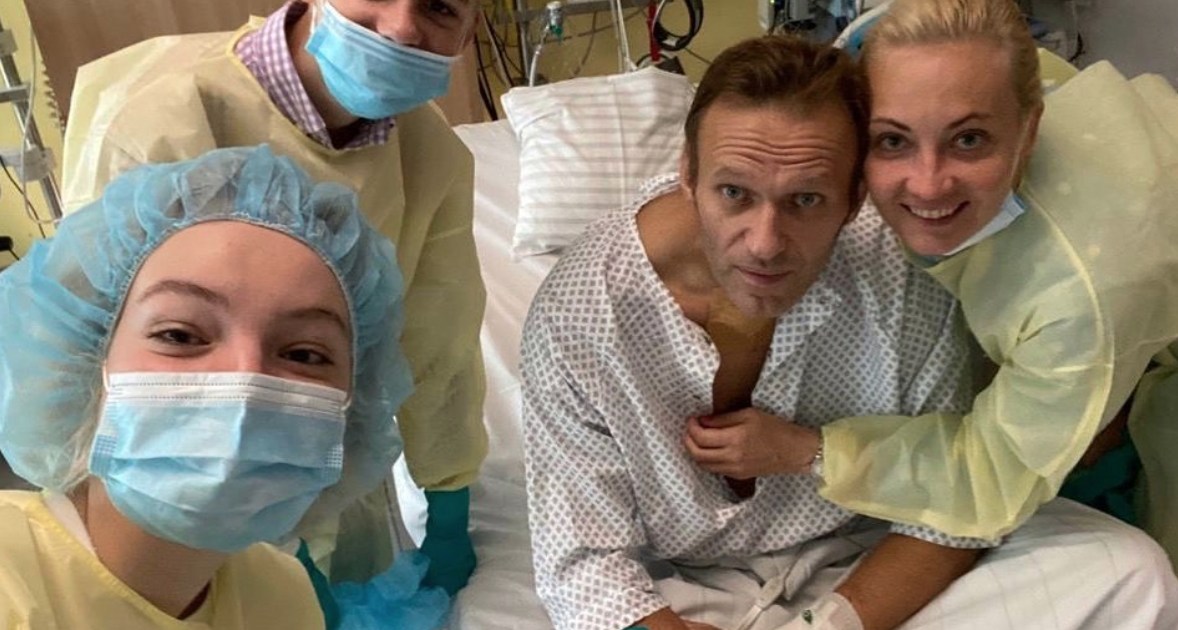The European Union imposed sanctions on senior Russian officials close to President Vladimir Putin on Thursday, in an unexpectedly strong and swift response to the poisoning of Russian dissident Alexei Navalny in August.
The European Union reported that Russian businessman Yevgeny Prigozhin, who called him "Putin's chef" because his restaurant company worked for the Kremlin, was undermining peace in Libya by supporting the private "Wagner" company that carries out military activities.
The official newspaper of the Union stated that the bloc targeted six Russians and a government scientific research center, under pressure from France and Germany, which Navalny was treated with after his collapse on a flight from Siberia.
And the British government announced on Thursday that it would apply the sanctions imposed by the European Union on those close to Putin.
A British Foreign Office statement stated that London "will apply the sanctions announced by the European Union against six individuals and an entity related to the poisoning and attempted killing of Mr. Navalny under the European Union's system of sanctions (for the use of) chemical weapons."
The Kremlin warns, and
in its first response to these sanctions,
Russia warned Thursday that the European Union had damaged its relations with Moscow by imposing sanctions on those close to President Putin over the poisoning of Navalny and the war in Libya.
Kremlin spokesman Dmitry Peskov told reporters that "through this step, the European Union damaged relations with our country," describing the bloc's measures as an "unfriendly step" on the part of the European Union and pledging that Russia would respond.
He also indicated that the move was illogical and expressed his regret over a decision that "puts the relations between the European Union and Moscow on the line for the sake of someone whom Europe believes is an opposition leader."

